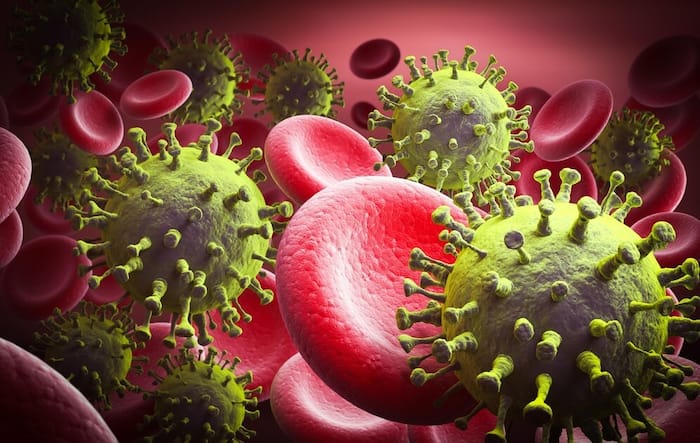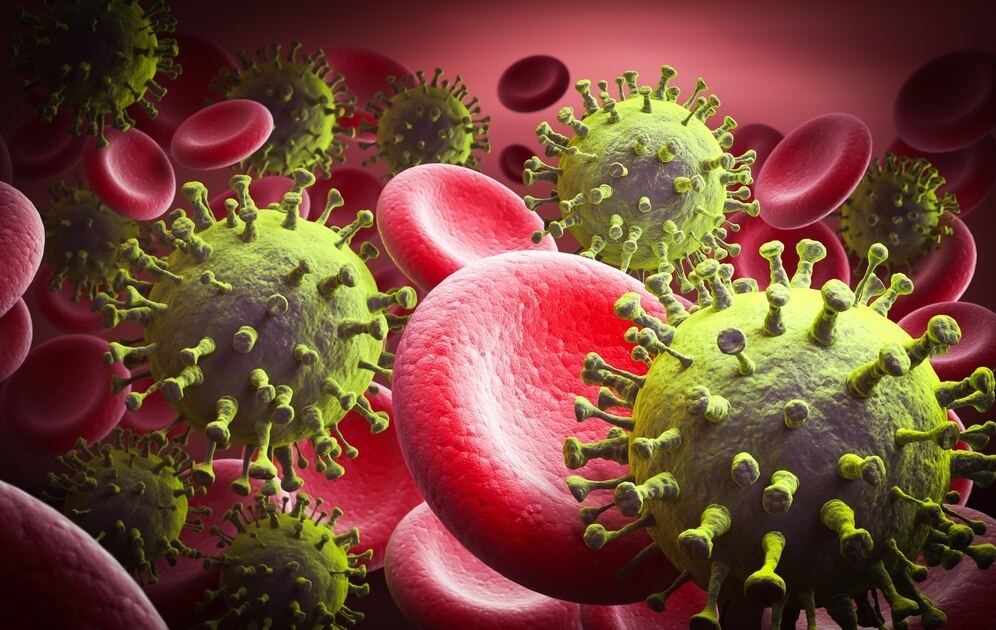Sickle cell disease (SCD) is a complex genetic disorder. Unfortunately, there are several misconceptions surrounding SCDs. Dispelling such misinformation is essential in making informed decisions about treatment.

Sickle cell disease is a group of inherited red blood cell disorders characterised by the presence of abnormal hemoglobin, called hemoglobin S. When a person has SCD, their blood cells become rigid, sticky, and shaped like a sickle. These sickle-shaped cells can block blood flow, causing pain and potential complications. Symptoms of SCD can vary from person to person. Some of them include, anemia, swelling, vision problems, frequent infections, delayed growth.
Sickle cell disease (SCD) is a complex genetic disorder. Unfortunately, there are several misconceptions surrounding SCDs. Dispelling such misinformation is essential in making informed decisions about treatment. Dr. Vinay Munikoty Venkatesh, Consultant – Paediatric Haematology Oncology and BMT, Manipal Hospital Yeshwanthpur spoke to India.com and shared prevalent myths and facts about SCD.
Common Myths About Sickle Cell Disease
Myth 1: Sickle cell disease is a single disease with definitive signs and symptoms.
Fact: Sickle cell disease is not a single entity. It is a group of disorders that include sickle cell anemia (HbSS), sickle-hemoglobin C disease (HbSC), and sickle beta-thalassemia (HbSβ-thal); with sickle cell anemia being the most severe form. Each type has different genetic variations and symptoms.
Myth 2: There is no difference between Sickle Cell Trait and Sickle Cell Disease
Fact: No. Sickle cell trait and sickle cell disease are not the same. In Sickle cell trait (SCT) a person inherits only one sickle cell gene while the other gene is normal. Typically, SCT does not cause symptoms of the disease. On the other hand, in Sickle cell disease (SCD) a person inherits two sickle cell genes, one from each parent, leading to the formation of sickle-shaped red blood cells that can cause various health complications, some of which can be critical.
Myth 3: Blood Transfusions Are the Only Treatment for SCD
Fact: Blood transfusion is one of the treatments for severe form of sickle cell anaemia. However, availability of better treatments has significantly reduced the requirement for blood transfusions. Hydroxyurea, is now an integral part of treatment for SCD. For severe cases of sickle cell anaemia, recent innovations including BMT and gene therapy have revolutionized the treatment. For pain management we have several pain medications that guarantee almost pain-free episodes in sickle cell patients. There are several ongoing researches, including gene therapy and newer medications, raising new hopes and promises in managing disease.
Myth 4: Sickle Cell Disease Only Causes Pain
Fact: Pain is a major symptom of SCD, but the disease affects many organs and systems in the body. It can cause complications like anemia, stroke, acute chest syndrome, infections, organ damage, and delayed growth in children. SCD’s impact goes beyond pain, requiring a comprehensive approach to manage its various manifestations.
Myth 5: Sickle Cell Disease Shortens Life Expectancy Significantly
Fact: While SCD can impact life expectancy, advances in medical care have significantly improved outcomes. With appropriate management, many individuals with SCD can live into their 50s or beyond. Comprehensive care, regular check-ups, and new treatments have enhanced the quality of life and longevity for those affected.

